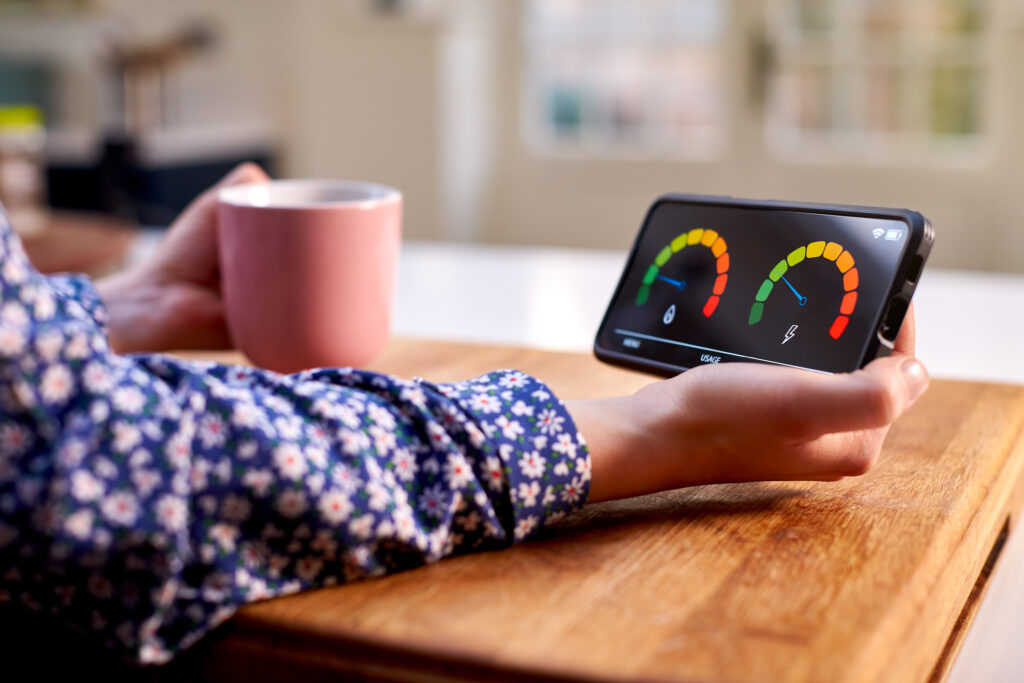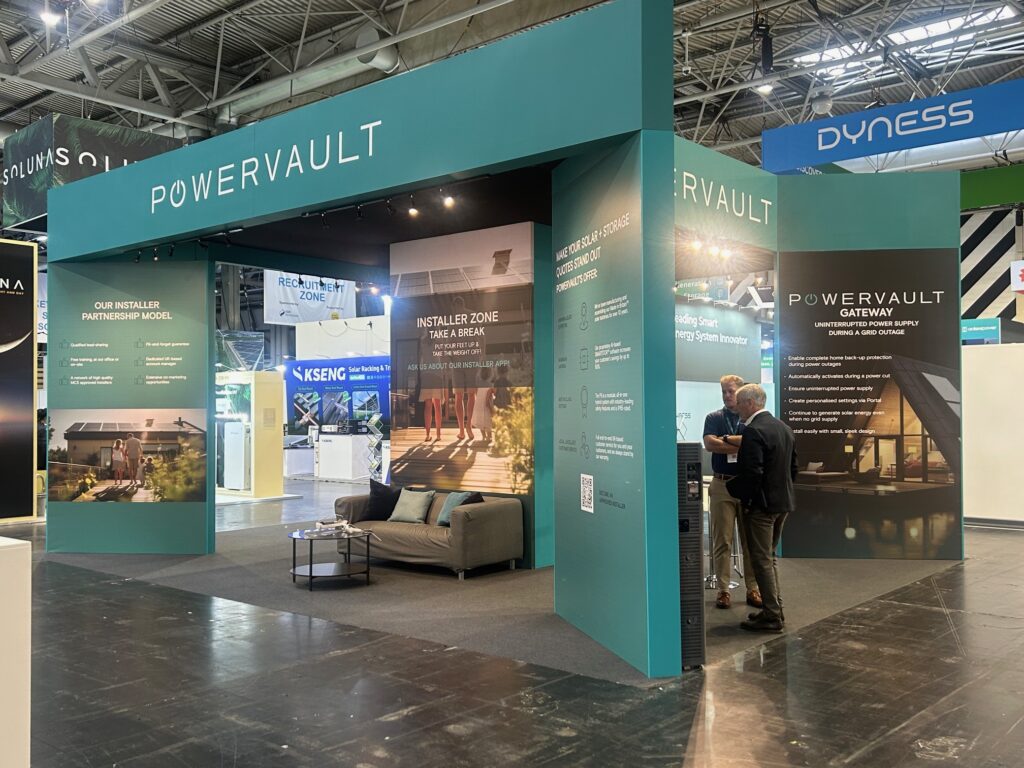Smart technology allows companies and households to use energy more efficiently, reducing the need to build more power stations, some of which burn polluting fossil fuels such as coal or gas.
Smart meters in the home will be capable of monitoring our energy usage in real time and the government aims to roll them out to all houses who want them by 2020.
Eventually this will allow power suppliers to offer a tariff that allows you to manage your energy usage to reduce bills. This could be done manually or automatically, with smart appliances deciding, for instance, to do the washing when power prices are low.
Powervault is also form of demand-side response – which involves shifting energy use to times when demand on the grid is low.
This helps reduce overall capacity demand and is also useful for “frequency response”, when the grid needs to make second-by-second adjustments to keep the power network stable.


